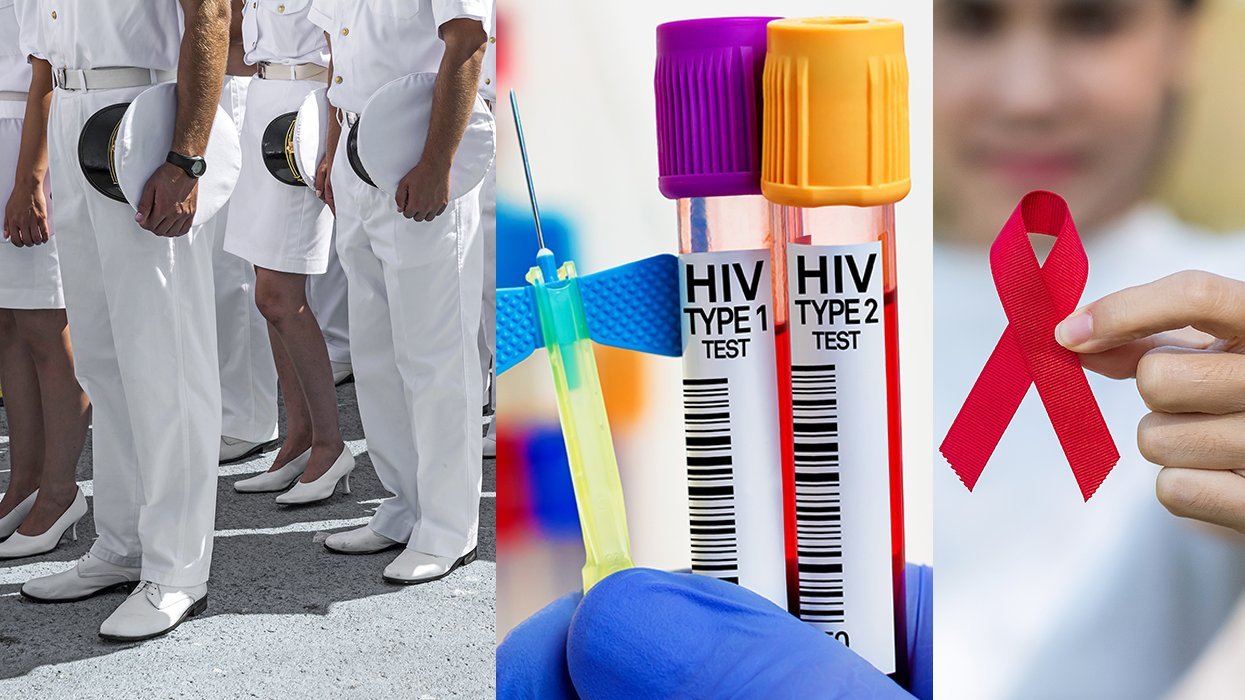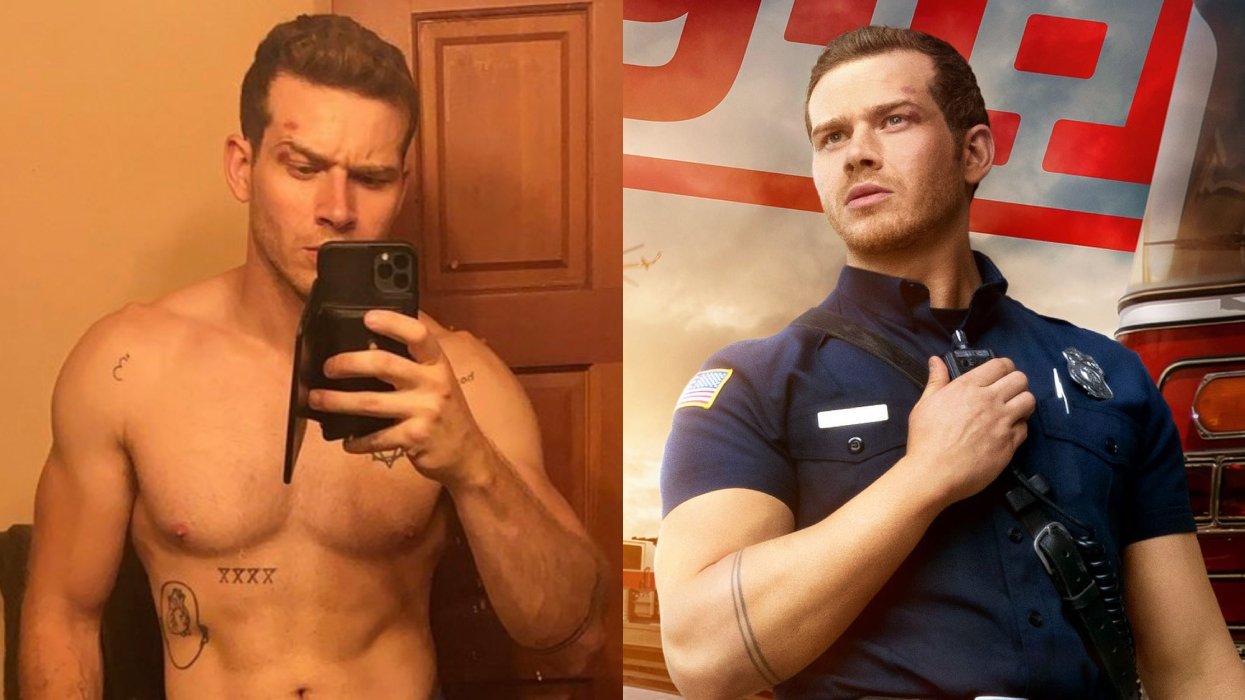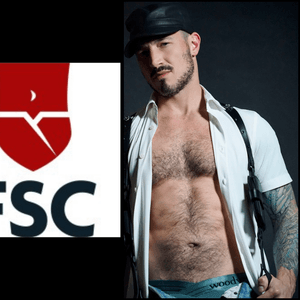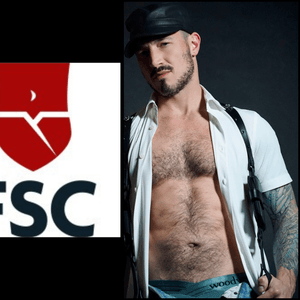CONTACTStaffCAREER OPPORTUNITIESADVERTISE WITH USPRIVACY POLICYPRIVACY PREFERENCESTERMS OF USELEGAL NOTICE
© 2024 Pride Publishing Inc.
All Rights reserved
All Rights reserved
By continuing to use our site, you agree to our Private Policy and Terms of Use.
It used to be that celebrities sought treatment for things they put into their mouths. Now it's for things that come out of them.
Michael Richards, warmly regarded for his oddball Kramer character on ''Seinfeld,'' began psychiatric counseling to control his anger just days after unleashing a racist tirade against black patrons at a comedy club. More recently, ''Grey's Anatomy'' star Isaiah Washington said he would seek help after receiving a torrent of negative publicity for using a gay slur.
''With the support of my family and friends, I have begun counseling,'' Washington announced after admitting, then denying, then admitting once and for all that he used the invective last fall when referring to fellow cast member T.R. Knight, who soon after declared he is gay.
And, of course, the celeb story of last summer was Mel Gibson's anti-Semitic rant after he was pulled over for drunken driving. As with Richards and Washington, he quickly announced he would seek help through rehab.
So, are celebrities truly seeking to change the way they think? Or are they just doing damage control? It's probably some of both.
University of Southern California sociologist Julie Albright said ''it's a form of repentance'' for celebrities to publicly admit to bad behavior and then get help so it doesn't happen again.
Her USC colleague, Bill Boyarsky, doesn't think most celebrities are really serious about changing their behavior. And certainly not those who issue a public mea culpa, then disappear for a few weeks to a vaguely defined, unsupervised counseling program.
''Of course it's all bull,'' said Boyarsky, an adjunct professor at the Annenberg School for Communication and a former Los Angeles Times city editor. Serious rehabilitation requires more than just saying a few public ''I'm sorrys'' and dropping out of public view for a week or two of counseling, he said.
It's not just Hollywood stars seeking help. Musicians, politicians, athletes and others in the public eye now routinely head off to rehab shortly after some embarrassing incident comes to light.
This week, popular San Francisco mayor Gavin Newsom said he was entering a program for alcohol abuse. The announcement came less than a week after Newsom admitted to an affair with his campaign manager's wife.
Rehabilitation can take many forms.
Late last year, the Rev. Ted Haggard resigned as president of the National Association of Evangelicals after allegations of sexual misconduct with a man. One of four ministers who oversaw three weeks of counseling for Haggard said the disgraced minister emerged convinced that he is ''completely heterosexual,'' The Denver Post reported Tuesday.
Hard-partying actress Lindsay Lohan recently checked herself into a posh Hollywood treatment facility following a series of paparazzi run-ins and movie-set problems. When the Web site TMZ.com posted photos showing Lohan going in and out of her Hollywood treatment facility, seemingly at will, some questioned her commitment.
Psychologist Jerry Deffenbacher of Colorado State University said it's not necessarily fair to compare the rehabilitation of drunks and drug abusers with those like Richards who fall into what he calls the ''angry, snarly, grouchy, pain-in-the-butt'' category.
Richards, who is white, may have violated common decency when he unleashed his racist diatribe at black people who told him he wasn't funny but he didn't break any laws. As a result, Richards himself _ not a judge _ structured his rehab program.
Besides counseling, he appeared on the Rev. Jesse Jackson's nationally syndicated radio program, ''Keep Hope Alive,'' as part of a series of apologies. He also offered to meet with the patrons he offended.
As to whether counseling can really calm someone like him, Deffenbacher said anger management experts have obtained impressive short-term results with just a few outpatient visits.
''The bad news is we are creatures of habit and it's really easy to slip back into old habits over time,'' he said.
It was a return to bad habits, Gibson said, that brought about his famous rehab moment last summer. The actor-director had begun drinking again after years of sobriety, and he was three sheets to the wind when he was stopped on the Pacific Coast Highway. His response to the police included loudly blaming Jews for ''all the wars in the world.''
Gibson quickly headed down what he called a ''path for healing,'' apologizing multiple times, announcing that he was getting help for his drinking problem and meeting with Jewish leaders to say he didn't really mean what he'd said.
To publicist David Brokaw, it's important that celebrities mean what they say when asking the public's forgiveness, then prove it by not engaging in the same stupid behavior again.
Before taking on a troubled celebrity, Brokaw said, ''the first thing that I'd want to know is that they really are interested in not just solving the PR problem, but taking ownership of the personal problem.'' (AP)
Want more breaking equality news & trending entertainment stories?
Check out our NEW 24/7 streaming service: the Advocate Channel!
Download the Advocate Channel App for your mobile phone and your favorite streaming device!
From our Sponsors
Most Popular
Here Are Our 2024 Election Predictions. Will They Come True?
November 07 2023 1:46 PM
17 Celebs Who Are Out & Proud of Their Trans & Nonbinary Kids
November 30 2023 10:41 AM
Here Are the 15 Most LGBTQ-Friendly Cities in the U.S.
November 01 2023 5:09 PM
Which State Is the Queerest? These Are the States With the Most LGBTQ+ People
December 11 2023 10:00 AM
These 27 Senate Hearing Room Gay Sex Jokes Are Truly Exquisite
December 17 2023 3:33 PM
30 Steamy Photos of Folsom Street Fair 2023 Debauchery
October 15 2023 11:06 PM
10 Cheeky and Homoerotic Photos From Bob Mizer's Nude Films
November 18 2023 10:05 PM
42 Flaming Hot Photos From 2024's Australian Firefighters Calendar
November 10 2023 6:08 PM
These Are the 5 States With the Smallest Percentage of LGBTQ+ People
December 13 2023 9:15 AM
Here are the 15 gayest travel destinations in the world: report
March 26 2024 9:23 AM
Watch Now: Advocate Channel
Trending Stories & News
For more news and videos on advocatechannel.com, click here.
Trending Stories & News
For more news and videos on advocatechannel.com, click here.
Latest Stories
Small-college association bans all transgender women from women's sports
April 08 2024 8:52 PM

Plus
Yahoo FeedWhy are mpox cases in the U.S. on the rise again?
April 08 2024 8:21 PM
The Advocate's Jake Shears cover: Go behind the scenes
April 08 2024 4:17 PM

Pride
Yahoo FeedUnlocking a new level of beauty with Dr Botanicals' ethical skincare line
April 08 2024 3:39 PM

Pride
Yahoo FeedUnleash your wild side with The Pride Store’s beginner’s guide to kink
April 08 2024 3:34 PM
'Written in the Stars:' University of Michigan hosts 'Pride Prom' for LGBTQ+ students
April 08 2024 12:51 PM
Best tips to see today’s eclipse, according to this famed gay astrophotographer
April 08 2024 11:17 AM
Trending stories
Most Recent
Recommended Stories for You














































































